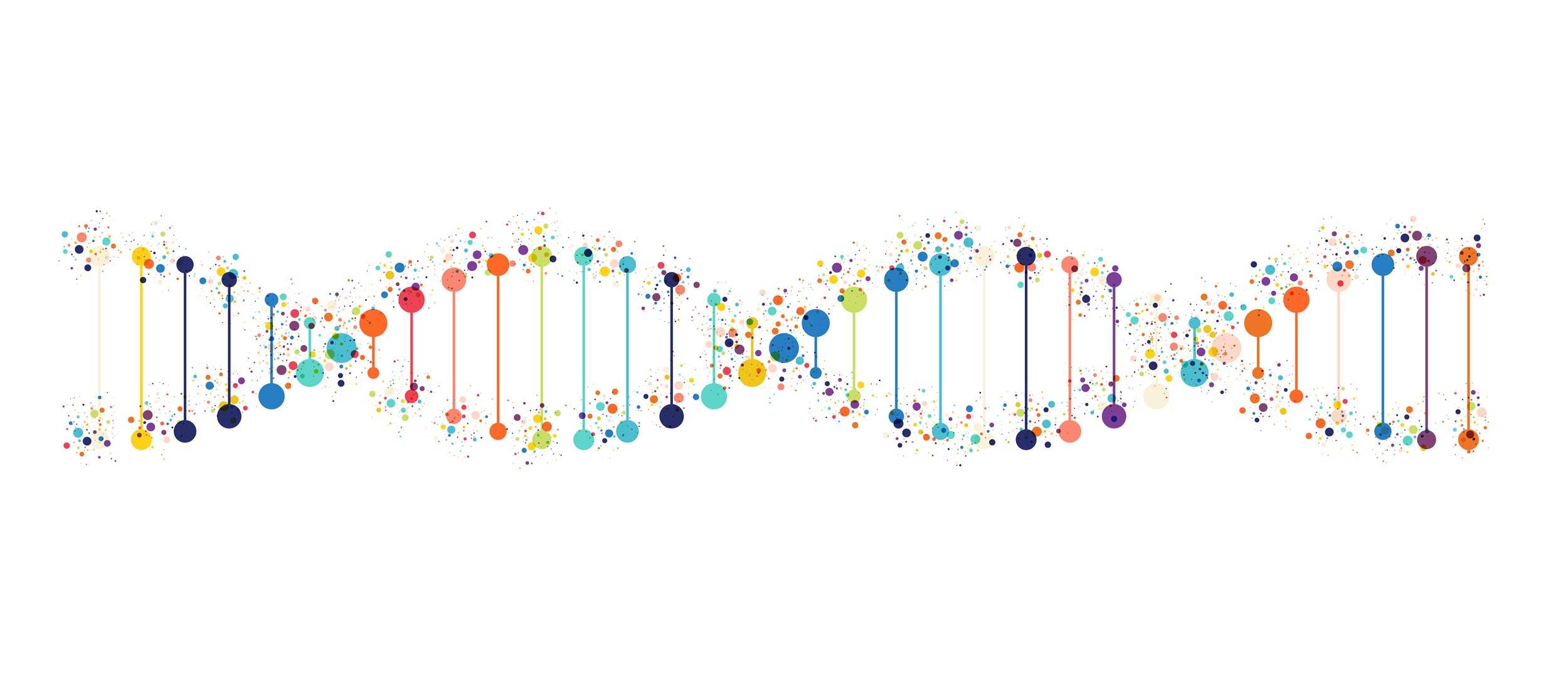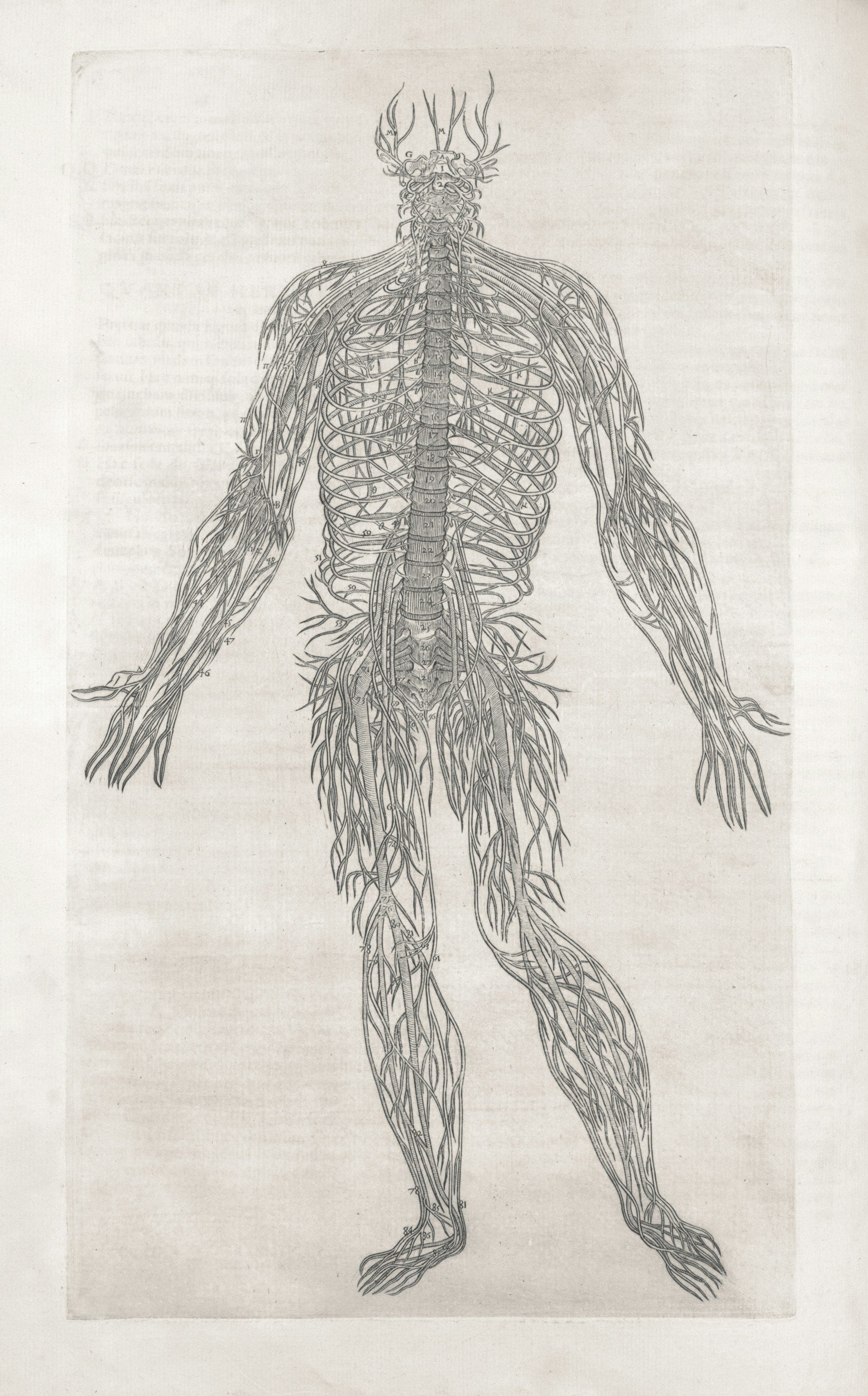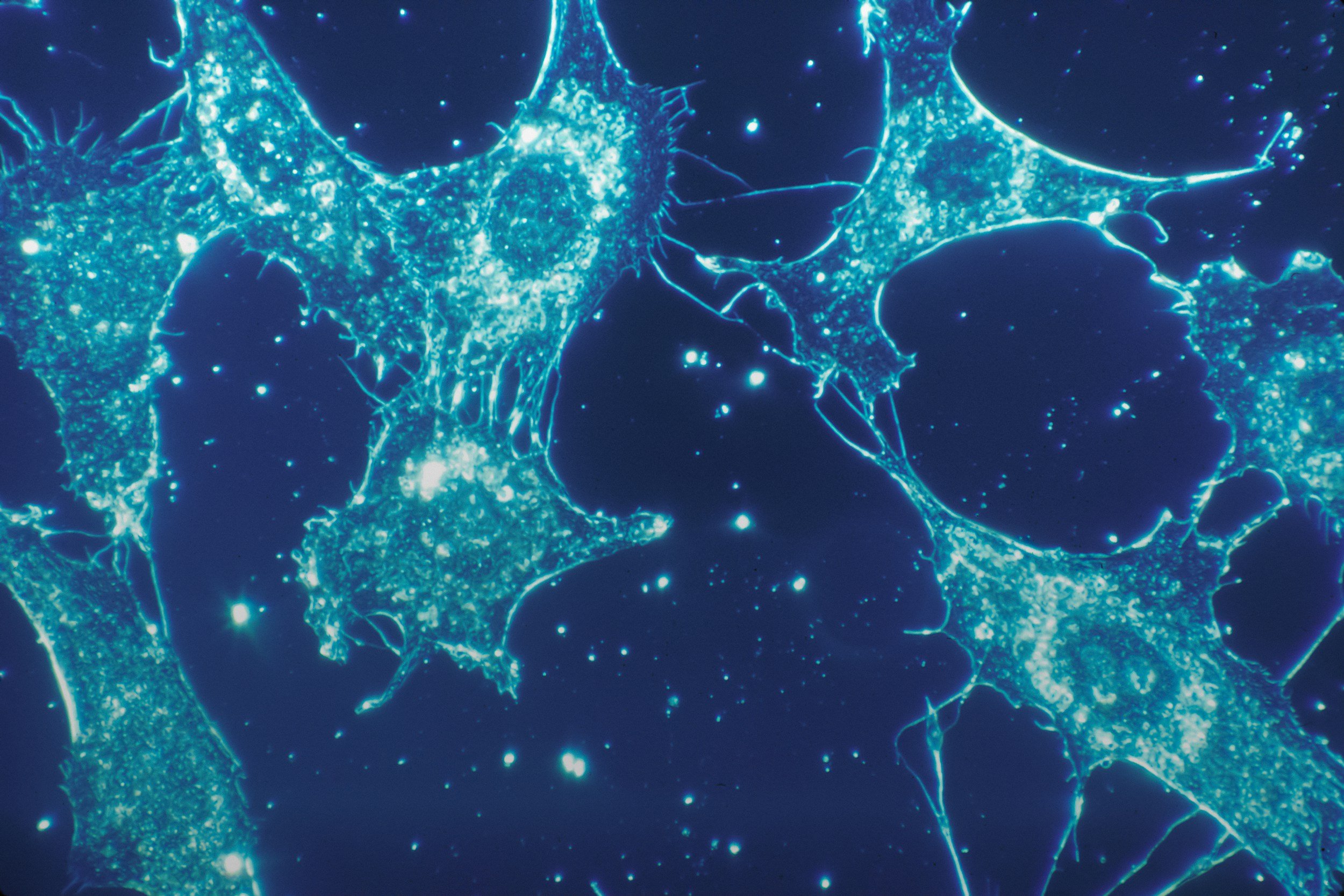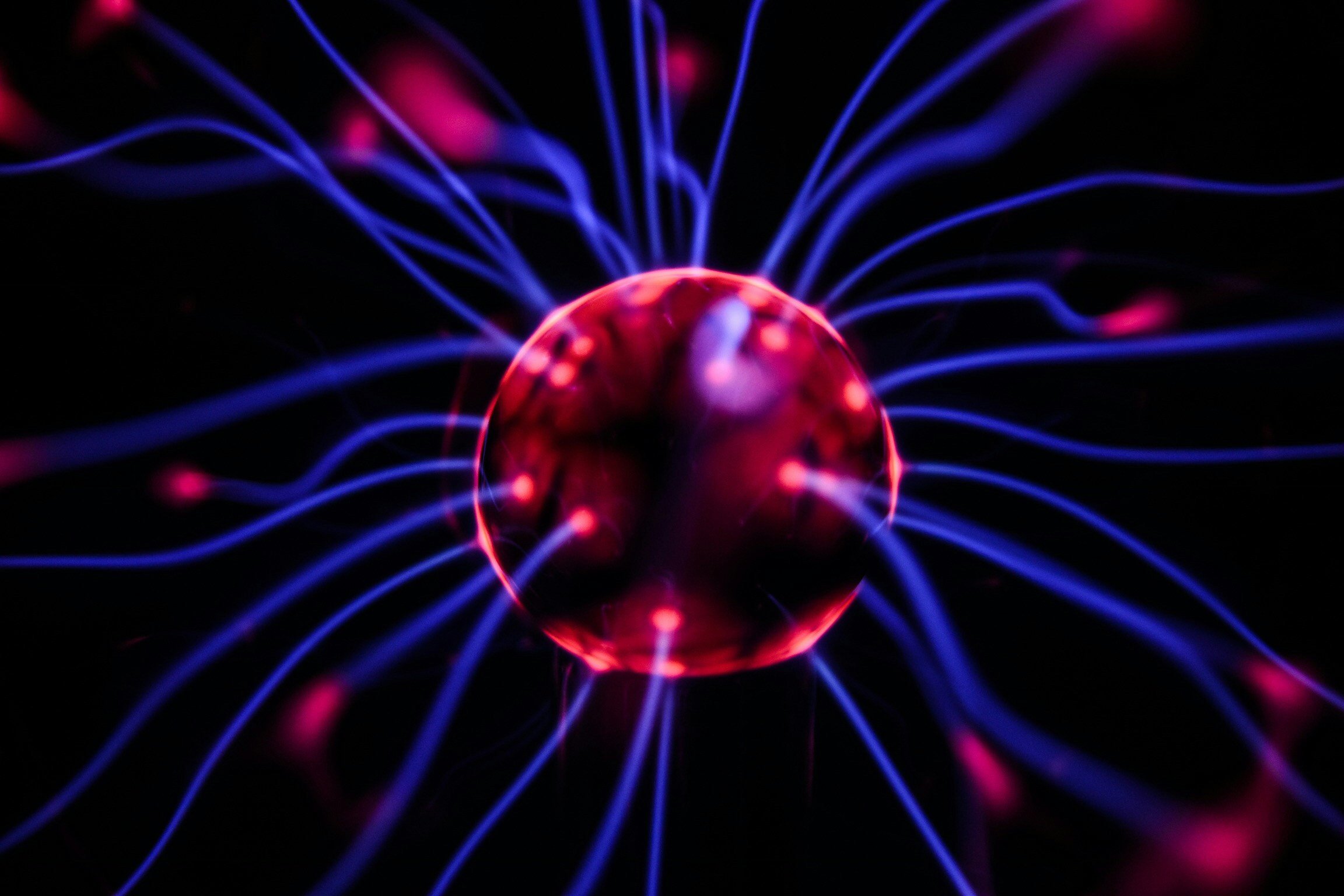Slow COMT: The Ultimate Clinical Guide to Symptoms, Patterns, and Root Causes
As someone who’s helped literally hundreds of people address their lifestyle relative to their genetics, I can confidently say that variants in the COMT gene are of the most impactful common genetic variants in the human population.
In my opinion: Even more so than MTHFR.
And that’s largely because of the symptoms of the Slow COMT variant.
There are quite assuredly millions of people on Earth living the effects of a Slow COMT gene without their awareness—and this is a conservative estimate.
I’d personally estimate (very roughly) that the number of people on Earth dealing with consequential effects of Slow COMT variants is somewhere around 500 million, give or take. That’s around 1 in 16 people suffering from the anxiety, neurocognitive burnout, and environmental sensitivity characteristic of Slow COMT.
Such people have a real problem dealing with stimulation of any sort—whether physical, mental, emotional, or chemical. They experience:
The sensation of being wired but tired, even after sleep
Overreaction to stress, supplements, or caffeine
Trouble calming down after social interaction or conflict
Anxiety that gets worse with B vitamins or adaptogens
Sleep that’s light, shallow, or fragmented
Racing thoughts at night, brain fog by morning
Paradoxical reactions to calming or stimulating supplements
A strong sensitivity to methylation support (especially methylfolate, methyl-B12, TMG, and SAMe)
Feelings of being “overloaded” mentally and emotionally, even on normal days
I’m going to walk you through exactly what a Slow COMT picture looks like, so that you can recognize it if present in yourself.
This guide will show you how to recognize the real constellation of symptoms present with Slow COMT, why it’s so often missed, and what you need to do to address it without falling prey to the traps that I’ve found to derail the majority of those trying to fix it “holistically.”
In the meantime, I highly recommend signing up for my newsletter. My perspective and experience with Slow COMT are frankly entirely unique:
When you sign up, I’ll immediately send you my one-page Slow COMT Cheat Sheet, which gives you some of the most high-yield lifestyle measures to take for Slow COMT.
And I’d strongly recommend looking at my full Clinical-Grade Slow COMT Roadmap, which you can find below. It is the only guide of its kind.
What the COMT Gene Is and What Happens When It’s Slow
The COMT gene encodes an enzyme called catechol-O-methyltransferase, which breaks down catecholamines—which are activating molecules like dopamine, norepinephrine, and epinephrine—as well as estrogen metabolites.
In simpler terms:
COMT is a biochemical off-switch. It helps the nervous system return to baseline after stress, stimulation, or hormonal surges. When COMT is working efficiently, these activating molecules are broken down at a normal pace. But when COMT function is genetically reduced, that clearance is slowed.
The result is persistent stimulation—physiologically, mentally, and emotionally.
The rs4680 SNP: Why Some People Feel This More Than Others
One specific location on the COMT gene—rs4680, also known as Val158Met—has a major impact on the speed of this enzyme.
Individuals with the A/A genotype (Met/Met) have significantly reduced COMT activity, about 3–4x slower than average.
Those with A/G (Val/Met) have intermediate function.
G/G (Val/Val) is considered the “fast” version, though that comes with its own tradeoffs.
People with the slow COMT variant (A/A or A/G) often don’t clear dopamine, norepinephrine, epinephrine, or catechol estrogens at a normal pace. These molecules hang around longer, continuing to stimulate receptors beyond the point of usefulness.
Over time, this creates a pattern of chronic neural activation, impaired recovery, and eventually—paradoxically—neurochemical burnout.
This Is Why Symptoms Build So Gradually
Importantly, slow COMT usually doesn’t cause a sudden dysregulation (i.e. over the course of life). It creates a gradual-onset dysregulation in how stimulation is processed and resolved:
One difficult day becomes two. One poor night of sleep turns into a pattern. One adverse supplement reaction triggers a new sensitivity. And so on.
And because most professionals frankly don’t recognize the interaction between stress, methylation, estrogen, and neurotransmitter clearance, this picture goes unrecognized for years.
The Most Common Symptoms of Slow COMT (Grouped by System)
People with the slow COMT gene often live with a pattern of symptoms that appears contradictory on the surface, but in reality, these symptoms follow a very recognizable structure.
Again, when your COMT enzyme is slow, your brain and body can’t clear out dopamine, norepinephrine, or estrogen metabolites efficiently. That means every stimulation—mental, emotional, hormonal, or chemical—persists too long, manifesting itself across body systems.
If you recognize yourself in the list below, there's a good chance COMT rs4680 A/A or A/G is involved.
Mental + Cognitive Symptoms
Racing thoughts, especially at night or during rest
Persistent brain fog, often worse under pressure or during multitasking
Focus issues in quiet settings, but hyperfocus under urgency or stress (often paradoxically presenting as either ADHD or OCD)
The classic “tired but wired” feeling throughout the day
A brain that feels overstimulated, even when your body as a whole feels completely drained
Sleep Disturbances
Difficulty falling asleep despite exhaustion
Frequent waking between 2 and 4 a.m., often with a sense of alertness or panic
Vivid dreams, restless sleep, or recurring nightmares
Sleep supplements either stop working or make things worse
Feeling like you’re never truly resting even after 8+ hours in bed
Emotional Reactivity
Sudden surges of anxiety, panic, or anger in response to even small triggers
Feeling like you “snap” emotionally when overwhelmed
Overreacting to conflict, noise, or stimulation
Needing hours to calm down after a single social interaction (I see this one very commonly)
Mood instability that fluctuates with stress, hormones, or even weather
Supplement Sensitivity
Feeling worse after taking B-complexes, methylfolate, or methyl-B12
Overreaction to SAMe or herbal adaptogens
Only tolerating tiny supplement doses or avoiding them altogether
Experiencing paradoxical reactions (e.g., sleepiness from caffeine, agitation from calming herbs)
This category of symptoms is often very frustrating for my patients given that supplements are often their attempt to try to fix things, but—done incorrectly—it just makes things worse.
Hormonal & Estrogen-Related
Symptoms that worsen during PMS, ovulation, or hormone shifts
Breast tenderness, bloating, irritability, and fluid retention
Histamine-like reactions that vary with your cycle phase
A history of estrogen dominance but poor tolerance to detox protocols like DIM
Feeling emotionally and physically overloaded during hormone changes
Physical + Autonomic Symptoms
Heart racing from minor stress, even when sitting still
Lightheadedness when standing, especially in warm environments
Skin sensations like prickling, flushing, or internal buzzing
Elevated resting heart rate or poor HRV despite meditation, good diet, or exercise
Overstimulation from small efforts; e.g. walking upstairs feels like too much
If several of these categories resonate with you, there’s a reasonable chance you’re dealing with slow COMT gene symptoms.
Why These Symptoms Are So Often Missed Or Misdiagnosed
Again, slow COMT is far from rare (as I said, likely affecting around 1 in 16 symptomatically), but it is almost never recognized in clinical settings, chiefly because its symptoms don’t fit neatly into any standard ICD-10 diagnosis and because there’s no single lab test or two that confirms that slow COMT is the issue.
You can look and feel absolutely exhausted, anxious, overstimulated, unable to sleep, and/or emotionally volatile and still have entirely “normal” bloodwork, so the assumption is made that this is purely “stress” or—even more unfortunately—nothing at all.
Even further:
Slow COMT symptoms may or may not fully match the criteria for anxiety, depression, or ADHD—yet contain pieces of all three.
COMT is still generally completely disregarded in conventional (and even alternative) clinical settings.
Symptoms are often mislabeled as adrenal fatigue, trauma, or burnout but don’t improve with conventional protocols.
And most importantly:
Even if Slow COMT is recognized as part of the issue: standard “methylation support” supplements and protocols (like B12, folate, and SAMe, etc.) only worsen the problem.
Slow COMT doesn’t manifest itself in a CBC or metabolic panel—though it may sometimes have some subtle indirect effects on those parameters—but it does show itself in your nervous system’s inability to effectively reset after stimulation of any sort, in your reactions to normal dosages of supplements, and in your inability to recover from stress or conflict.
How to Know If COMT Is Contributing
It’s not really a one-to-one sort of equation, but any negative reaction to methylation support supplements is a reasonably good indication.
Feeling horrible after “focus” or “energy” supplements is another good sign of Slow COMT function.
The more symptoms you have across multiple domains of the list above—sleep, mood, sensitivity, hormone-related issues—the more likely it is that Slow COMT is playing a central role.
Other red flags:
Needing tiny supplement doses to avoid side effects
A pattern of overdoing it followed by crashing
Feeling mentally fast but physically fatigued
Symptoms that worsen during hormonal shifts, especially in women
Trouble finding any protocol that actually works without causing new problems
For the clearest confirmation, run your raw genetic data (such as 23andMe or Genova) through a tool that checks for rs4680 COMT variants.
If your result is A/A or A/G, you’re likely a slow COMT metabolizer—and that changes how your brain handles stress, stimulation, and recovery.
What Actually Does Help When COMT Is Slow
The first mistake to avoid in addressing Slow COMT variants—as should be very obvious now—is starting with methylation support or any dopamine-increasing supplements.
Most people with COMT rs4680 A/A or A/G variants don’t need this at first; rather, they need careful stabilization of adjacent pathways.
Adjacent Nervous System Pathways
It’s important to amply address magnesium and potassium very early on in any Slow COMT regimen. Taurine can help but it can also hurt, depending your exact biomarker status.
Lithium is of use with Slow COMT. It can help regulate both dopamine and glutamate as well as carefully improving delivery of several of these methylation factors.
Minerals Before Methylation
If your electrolytes and minerals are out of balance, you’ll never tolerate methylation support. As above, magnesium and potassium must be addressed in the right way first.
Avoid Aggressive “Methylation-Pushing” Strategies
Most protocols do more harm than good in this regard. Avoid:
SAMe, which is metabolized downstream and worsens irritability
TMG
High-dose methylfolate, especially if it causes anxiety or insomnia
Adaptogens like rhodiola or ashwagandha, which often backfire in slow COMT types (but not always)
Focus on Clearance, Not Just Synthesis
You need to help your body clear dopamine at the right pace. That means:
Supporting COMT enzyme function gently
Enhancing liver detox and methylation-adjacent pathways
Prioritizing rest, blood sugar stability, and circadian alignment
Arrange Interventions with Incredible Precision. Slowly. NOT All at Once
Slow COMT types do not do well with “everything at once” protocols. The order of operations matters more than the total number of supports. My Clinical-Grade Slow COMT Roadmap directly guides you in this regard, telling you exactly what to do and what to take at Day 0, Day 14, etc. all the way up to Day 100 over the course of 20-some dense pages. Again, I highly recommend taking a look at it:
Slow COMT-related symptoms are far more common than most realize. If your experience aligns with what I’ve described here, there’s likely (and almost certainly) a biochemical reason behind it—and that reason is very likely to be Slow COMT.
Recovery is very possible—as I’ve seen clinically—but it absolutely requires extreme care with dosing, ordering, etc. Check out my Roadmap and feel free to email me letting me know how it goes. I’m extremely responsive and will do my best to help you.
What to Do Next for Your Slow COMT Symptoms
Consider testing for rs4680 A/A if you haven’t already
Get the Slow COMT Cheat Sheet by signing up for the newsletter (below)
Review the Clinical-Grade Roadmap
Set up a free 5-Minute Consult with me if you want some personalized direction.




















Slow COMT function affects how the brain and body clear dopamine, norepinephrine, and estrogen—contributing to anxiety, fatigue, supplement intolerance, and poor sleep. This guide explains the full range of symptoms, why they’re often missed, and what works to stabilize those biochemical pathways.